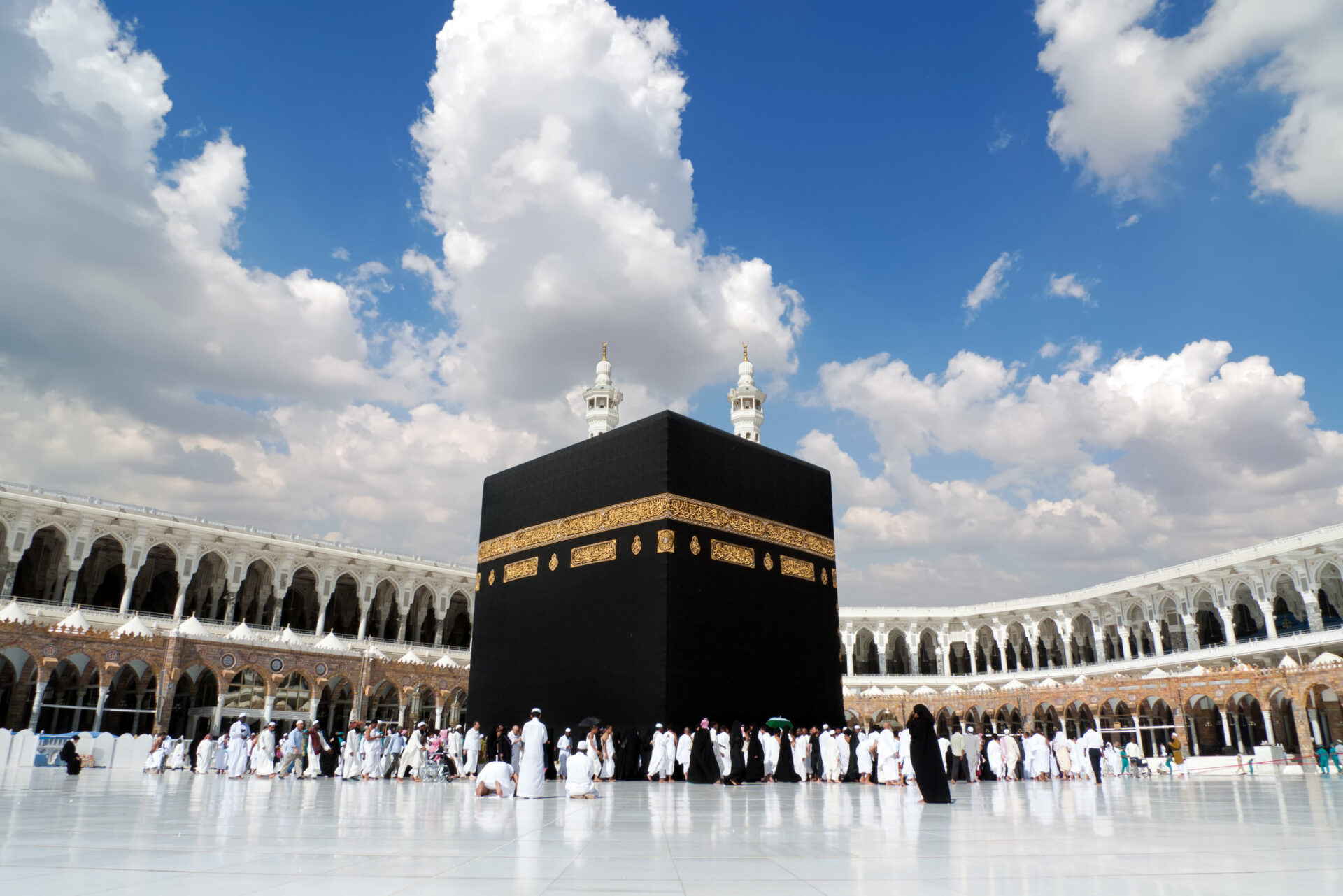Fasting, a form of divine worship is observed for one month every year. During this period of fasting, man abstains from food and water from sunrise to sunset in obedience to the command of God. This act is performed in order to reduce man’s attraction towards materialism and increase his spirituality, so that he may be able to lead a truly spiritual life in this world. In the process, he spends more time in the worship of God.
In chapter 2, verse 185, the Quran tells us that fasting awakens the feeling of gratefulness in man. The temporary deprivation of food and water stresses for him the importance of these things as divine blessings. Then when he partakes of food and water after having experienced hunger and thirst, he can feel how truly precious is the food and water provided to him abundantly by God. This experience increases manifold his feelings of gratitude to God.
Fasting produces moral discipline within man. By restricting the basic things which he desires, the devotee is trained to lead a life of self-restraint and not of permissiveness. What the speed-breaker does for the speeding motorist, fasting does for the devotee. By having a curb put on his various desires–for one month at a time, man is trained to lead a life of self- restraint for the whole year, making no attempt to exceed the limits set by God.
What man does by fasting is engage himself more and more in the remembrance and worship of God, and in the recitation of the Quran. Thus, fasting serves as a strategy to increase the efficacy of worship. In this way God accepts our worship in its heightened form.
Fasting is, in short, a training course. Its purpose is to place man on a special spiritual plane for one month so that he may be able to lead a better life of a true devotee of God and a true lover of humanity.

